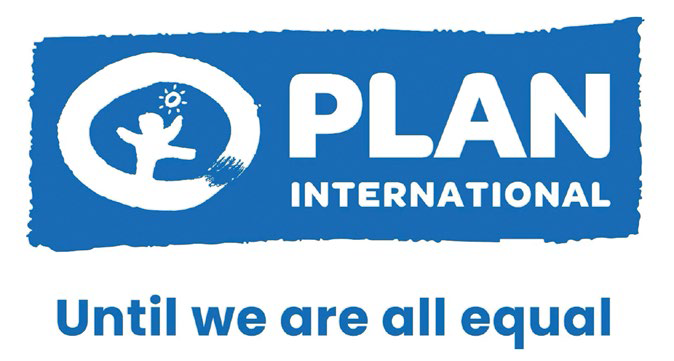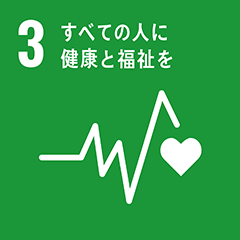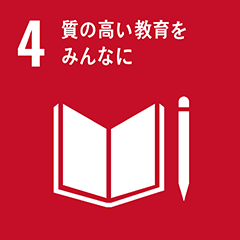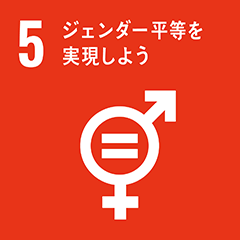Inochi Declaration
To protect Inochi, let us provide education that places well-being at its core—so that every per- son, regardless of gender, can live authentically and build equal and respectful relationships.
According to the Global Gender Gap Report 2024 released by the World Economic Forum, Japan ranks 118th out of 146 countries. Persistent issues such as the low number of women in management positions and the gender pay gap reveal how Japan continues to lag significantly behind in advancing gender equality.
One major factor contributing to this gender gap is the disproportionate burden that women still carry in relation to marriage, childbirth, and childcare. The traditional divi- sion of roles—where men are breadwinners and women are homemakers—remains deeply ingrained. For example, although the government mandates companies to promote paternity leave, the rate of uptake among men remains just 30.1%. Nurturing Inochi does not end with childbirth. It is a long-term process built on the premise of gender-equal relationships informed by comprehensive sexuality educa- tion. This process calls for both partners to collaborate in protecting and nurturing Inochi, considering life planning together. The well-being—physical, mental, and social—of everyone involved in this process must be respected. All individuals must be empowered to realize their rights and potential without limitation.
To ensure well-being for those who protect and nurture Inochi, it is essential to recognize the importance of equality and mutual respect within partnerships. The work of nur- turing Inochi should be shared equitably. This necessitates the implementation of comprehensive sexuality education (CSE), which addresses not only biological and reproduc- tive topics but also a broad range of themes such as human relationships, gender diversity, life planning, gender equal- ity, and happiness. CSE, grounded in human rights, goes beyond traditional school-based sex education by reexam- ining ideas of gender norms and identity. Promoting CSE is essential for shaping a society in which all individuals enjoy their rights and achieve personal fulfillment based on the premise of nurturing Inochi—an indispensable step for nurturing and passing on Inochi to the next generation.

Plan International is an international NGO dedicated to supporting girls and women
Plan International Japan is the Japanese branch of Plan International, an UN-registered NGO operating in more than 80 countries. The organization has worked across seven priority areas to build a just society where all children, espe- cially girls, are free from discrimination. These areas include quality education, healthy development, and sexual and reproductive health and rights (SRHR). However, no coun- try or region has yet fully achieved gender equality. In Ne- pal, one of the Plan’s focus areas, early marriage remains a major cause of unintended pregnancy and school dropouts among girls. The Plan is conducting awareness campaigns in partnership with schools and communities, advocating for gender-responsive curricula, safer school environments, and the legal increase of the minimum age of marriage to 20.
Research jointly conducted by Plan International and the United Nations reveals that fewer than one in four coun- tries are taking sufficient action toward gender equality. This highlights the growing challenge of achieving SDG 5 by 2030.
In response to these challenges, Plan International Japan prioritizes:
・Empowering girls’ leadership
・Ensuring the rights of girls in crises such as conflict, disas- ter, and climate change
・Advancing the realization of SRHR
Together with youth who are directly affected, Plan Interna- tional Japan implement support programs both in Japan and around the world. We also engage in policy advocacy, partic- ipating in international conferences and urging governments to reform laws and policies to promote gender equality.
The Inochi Forum will work with diverse organizations such as Plan International Japan to establish systems that ensure the well-being of every individual—especially women and girls—at every stage of pregnancy, childbirth, and parenting.
[References]
・Plan International Japan
https://www.plan-international.jp/
[Action Platform]
Education and Children / Diversity & Inclusion
[SDGs]




